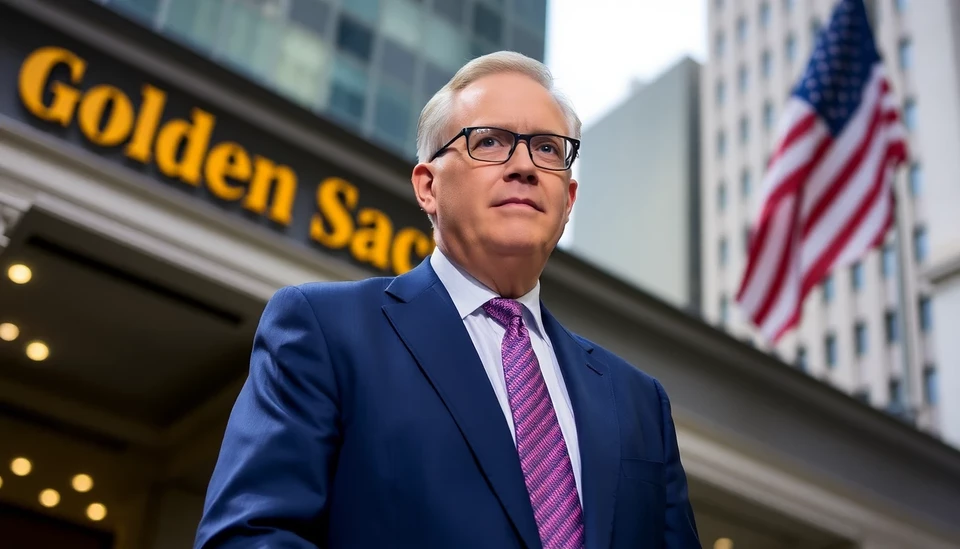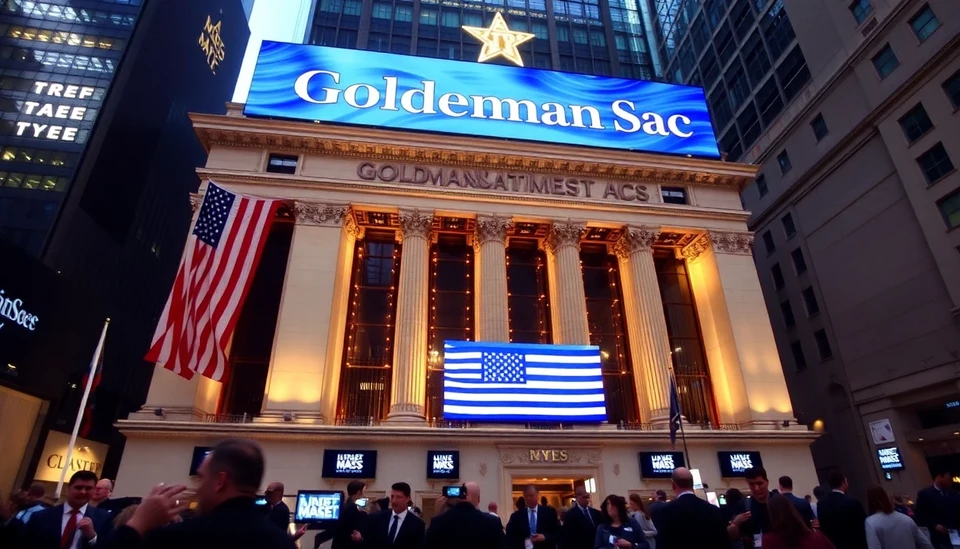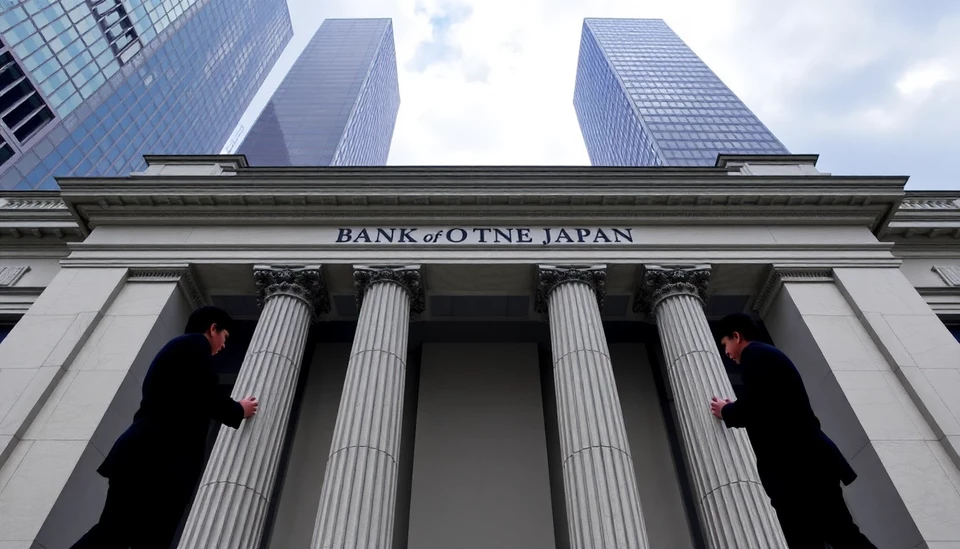
In a remarkable turn of events that has caught the attention of financial analysts and traders alike, Goldman Sachs traders have struck gold—quite literally—thanks to a fortuitous gas trade in Mexico. This unexpected windfall has not only reshaped the profits overview for the prominent investment bank but has also sparked discussions about the implications of such trades on broader energy markets.
The extraordinary event first unfolded when Mexico's gas prices experienced an unprecedented surge due to an unexpected cold snap that gripped the country. As temperatures plunged, the demand for heating soared, cleverly catching many market players off guard. Gas prices skyrocketed, creating a fertile ground for experienced traders like those at Goldman Sachs, who anticipated the change in market dynamics.
Goldman's traders utilized sophisticated risk management techniques and market analysis to position themselves advantageously within this rapidly shifting landscape. Their keen insights not only enabled them to capitalize on the soaring gas prices but also allowed them to hedge against potential downturns in the market, a strategy reminiscent of their performance during previous economic fluctuations.
The scale of the profit is astonishing, as several reports suggest that this single gas trade could result in revenues reaching into the hundreds of millions, an impressive return for a financial firm primarily recognized for its wealth management and investment advisory services. What makes this trade stand out is not just the sheer size of the profits but the astute timing and execution amidst a chaotic market backdrop that many others failed to navigate successfully.
Industry experts are now analyzing whether this event marks a pivotal shift in how investment firms engage with commodities markets, especially in regions like Mexico, which are becoming increasingly intertwined in the global energy supply chain. As fluctuations in energy prices become more unpredictable, firms might increasingly rely on strategic trades to mitigate risks and enhance profitability.
Furthermore, this incident has reignited conversations about regulatory implications surrounding trading practices, as stakeholders ponder whether greater oversight is necessary to ensure market fairness and transparency, especially during times of peak demand that can dangerously skew typical pricing mechanisms.
Shifting focus back to Goldman Sachs, this successful gamble not only demonstrates their adeptness at thriving under challenging market conditions but also reinforces the aura surrounding their trading division. Investors and competitors alike will be keenly observing subsequent trading strategies and performance reports from Goldman Sachs, which may set the tone for trading operations in the upcoming quarters.
As the dust settles on this remarkable gas trade, it remains to be seen how this will influence future trading behaviors across financial markets, yet one thing is clear: the unpredictable nature of energy trading can hold significant opportunities for those willing to take calculated risks.
While many stakeholders will now recalibrate their strategies in the aftermath of this turn of events, all eyes will be on Goldman Sachs as they continue to navigate this new landscape, potentially setting new benchmarks for success in the trading world.
#GoldmanSachs #GasTrade #Mexico #EnergyMarkets #InvestmentBanking #TradersParadise #MarketAnalysis #ProfitSurge
Author: Samuel Brooks




